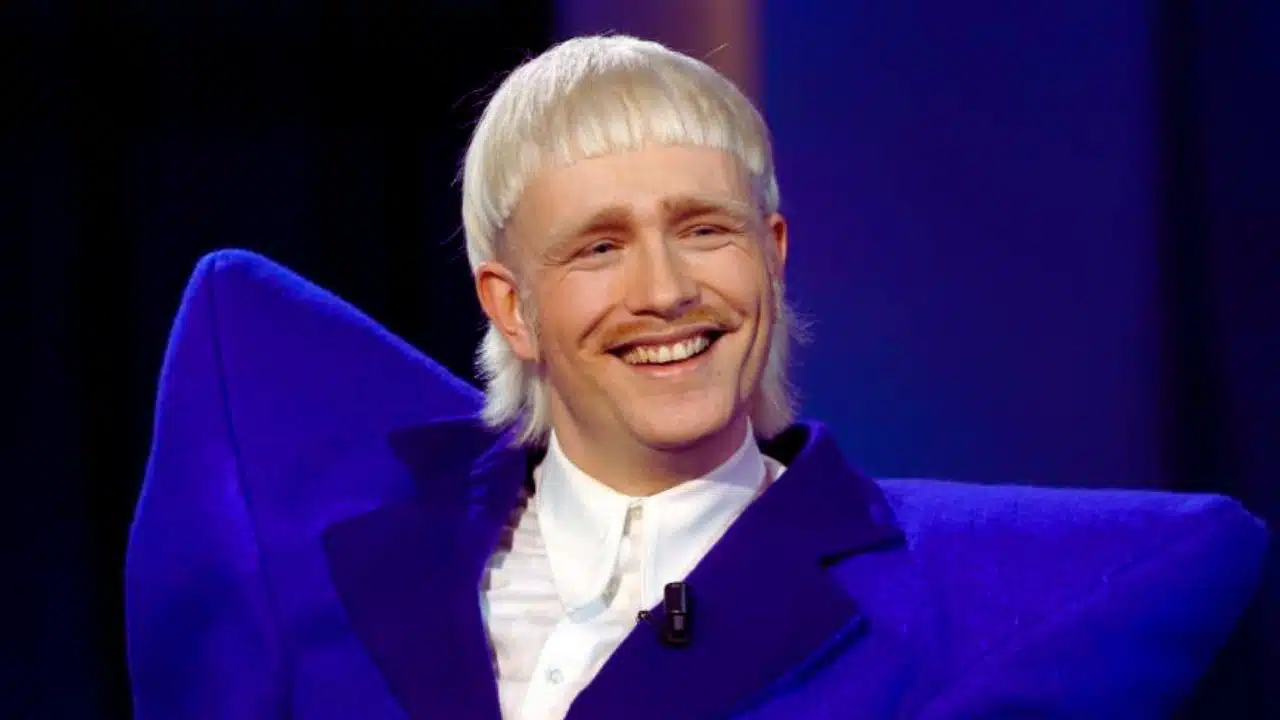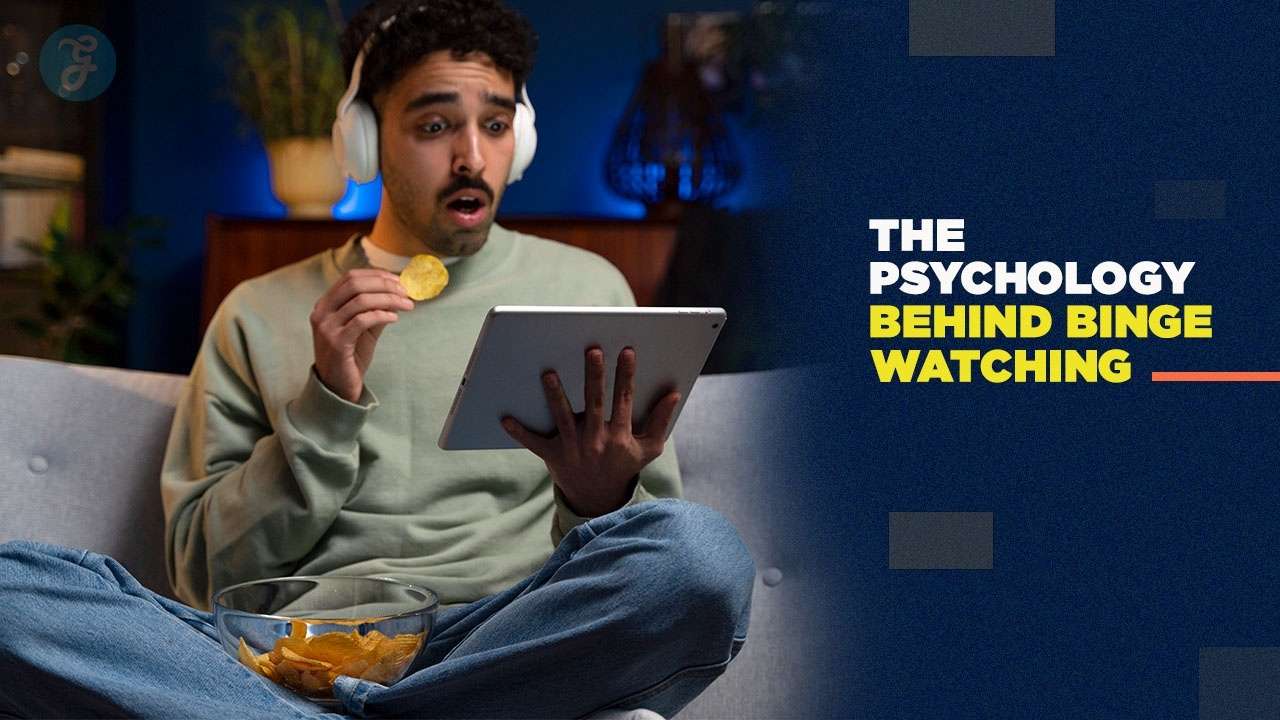The Eurovision Song Contest, a beloved international event that celebrates music and unity, has been overshadowed by a shocking incident involving Dutch artist Joost Klein. The European Broadcasting Union (EBU), the organization responsible for overseeing the contest, made the unprecedented decision to disqualify Klein from participating in the grand final. This move came in response to an alleged incident of intimidation towards a female member of the production crew, which was reported to Swedish police.
Allegations of Intimidation and Conflicting Accounts
According to the police report, the incident occurred backstage at the Malmö Arena following Thursday’s semi-final performance. A female member of the production crew alleged that Klein had made “unlawful threats” towards her. The exact nature of the threats remains undisclosed, but the severity of the accusation prompted swift action from the EBU.
However, the Netherlands Songfestival, the Dutch organization responsible for selecting and supporting the country’s Eurovision entrant, provided a different account of the events. They stated that Klein had “repeatedly indicated” his desire not to be filmed and emphasized that he “did not touch the camera woman.” This conflicting information has led to speculation and debate among Eurovision fans and the media.
Dutch Broadcaster Expresses Shock and Disappointment
Avrotros, the Dutch broadcaster that sends acts to Eurovision, expressed their shock and disappointment at the EBU’s decision to disqualify Klein. They described the move as “disproportionate” and revealed that they had engaged in extensive consultations with the EBU, proposing several alternative solutions to address the situation. Despite their efforts, the EBU remained steadfast in their decision, citing their “zero-tolerance policy towards inappropriate behaviour.”
The broadcaster’s statement also shed light on the circumstances surrounding the incident. They explained that Klein had just stepped off stage and was rushing to the greenroom when he was unexpectedly filmed, despite his clear indications that he did not wish to be recorded. While they acknowledged that Klein made a “threatening movement” towards the camera, they maintained that he did not physically touch the camera woman.
Ireland’s Entrant Misses Dress Rehearsal Amidst Separate Controversy
As the controversy surrounding Klein’s disqualification unfolded, another incident involving Ireland’s entrant, Bambie Thug, added to the tumultuous atmosphere at the contest. Bambie Thug missed their scheduled dress rehearsal, citing a “situation” that required urgent attention from the EBU. While no further details were provided, Bambie Thug made it clear that their absence was unrelated to Klein’s case, quelling speculation about a potential connection between the two incidents.
Norwegian Jury Spokesman Withdraws Citing “Inflamed Situation”
The ripple effects of the controversy extended beyond the directly involved parties. Norwegian media reported that Allesandra Mele, the country’s jury spokesman and a former contestant who placed fourth in the previous year’s contest, had withdrawn from her role. Mele cited the “inflamed situation” in Malmo as the reason behind her decision, suggesting that the tense atmosphere had taken a toll on those involved in the event.
Joost Klein’s Unfulfilled Eurovision Dream
For Joost Klein, the disqualification marked a devastating end to his Eurovision journey. The 26-year-old artist had been among the favorites to win this year’s contest with his powerful and emotionally charged song, “Europapa.” The pro-Europe techno anthem held deep personal significance for Klein, as it was dedicated to his late father, who had passed away from cancer when Klein was just 12 years old.
Klein had made a promise to his father that he would one day perform on the Eurovision stage, a dream that had now been shattered by the controversy. News of his suspension emerged during the first dress rehearsal for the grand final, as his props were abruptly removed from the stage without explanation, leaving fans and fellow contestants in a state of confusion and disbelief.
Police Investigation Concludes as EBU Maintains Zero-Tolerance Stance
As the Eurovision community grappled with the shocking turn of events, Swedish police confirmed that their investigation into the alleged incident had concluded. They revealed that a man had been reported for making “unlawful threats” and that the case would now be forwarded to the prosecutor for further action.
The EBU, meanwhile, reiterated their unwavering commitment to maintaining a safe and secure working environment for all staff involved in the contest. They emphasized that Klein’s behavior towards a team member was deemed a breach of contest rules, justifying their decision to disqualify him.
Speculation and Rumors Surrounding the Incident
In the wake of the disqualification, rumors and speculation ran rampant among Eurovision fans and the media. Early reports suggested that there may have been underlying tensions between Klein and Israel’s contestant, Eden Golan, given the ongoing Israel-Gaza conflict. However, the EBU swiftly addressed these rumors, stressing that the incident did not involve any other performer or delegation member.
The Grand Final Goes On
Despite the controversy that had engulfed the contest, the show had to go on. The EBU confirmed that Dutch viewers would still be permitted to vote in the grand final and that the Dutch jury result, which had been determined during Friday’s dress rehearsal, would remain valid.
As the grand final commenced at 21:00 local time (20:00 BST), the focus gradually shifted back to the music and the spirit of unity that Eurovision strives to embody. The disqualification of Joost Klein served as a sobering reminder of the importance of maintaining a respectful and safe environment for all participants and staff involved in the event.
Looking to the Future
The unprecedented disqualification of Joost Klein has undoubtedly left a mark on the Eurovision Song Contest, raising questions about the handling of controversial situations and the balance between maintaining a safe working environment and allowing artists to express themselves freely.
As the dust settles on this tumultuous edition of the contest, the Eurovision community will likely engage in reflection and discussions on how to prevent similar incidents from occurring in the future. The EBU, in collaboration with participating broadcasters, may need to revisit their policies and protocols to ensure that they are equipped to handle such situations in a fair and transparent manner.
For Joost Klein, the road ahead remains uncertain. While his Eurovision dream may have been cut short, his talent and dedication to his craft will undoubtedly propel him forward in his musical career. The Dutch artist’s fans and supporters will eagerly await his next move, hoping that he will find a way to channel his experiences into his music and continue to inspire others with his passion and resilience.
The Eurovision Song Contest has weathered many storms throughout its long and storied history, and it will undoubtedly emerge from this controversy stronger and more united than ever. As the international music community looks to the future, the focus will remain on celebrating diversity, fostering understanding, and using the power of music to bring people together, even in the face of adversity.
Information Sources: BBC and Time Magazine.










































